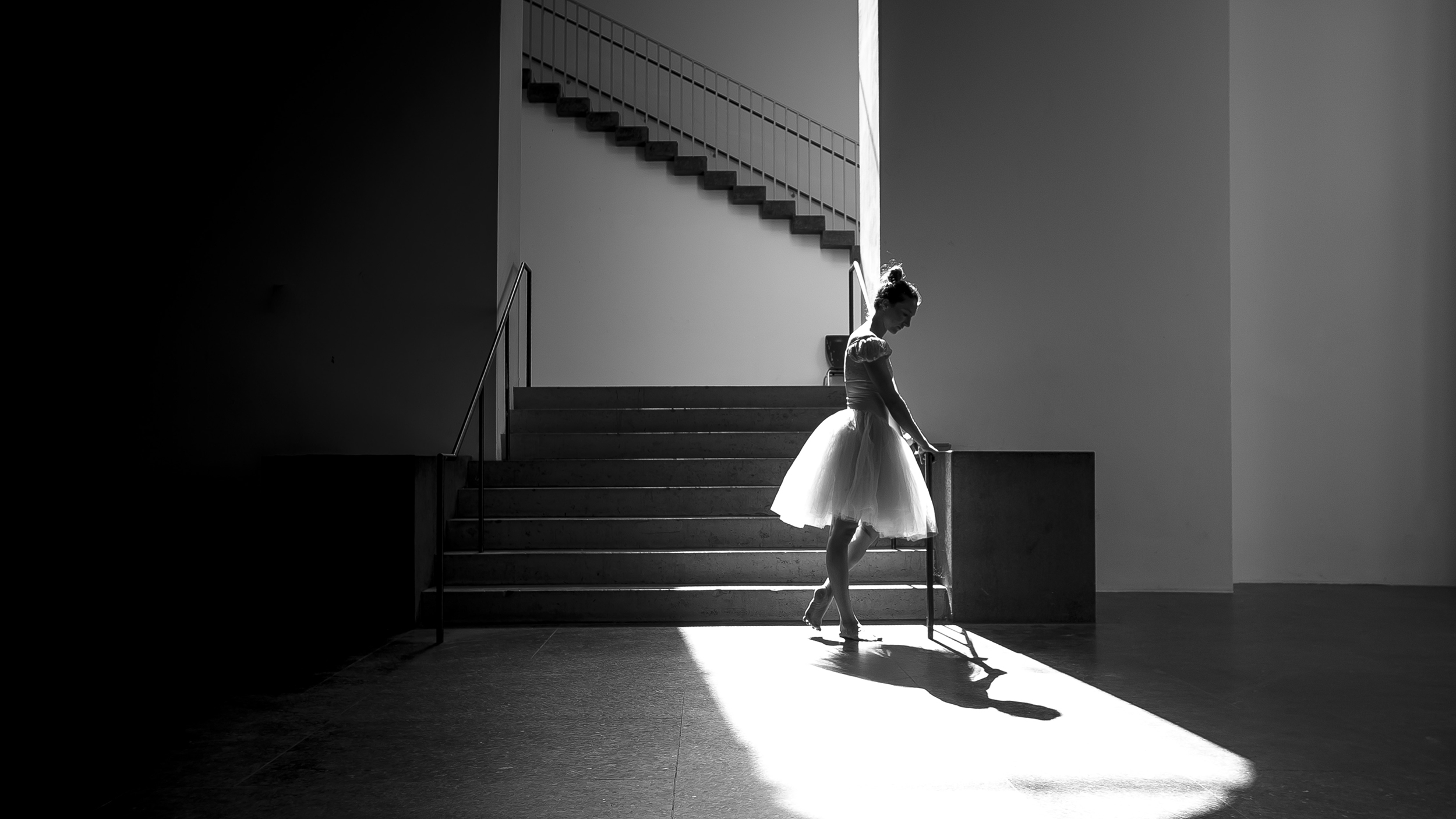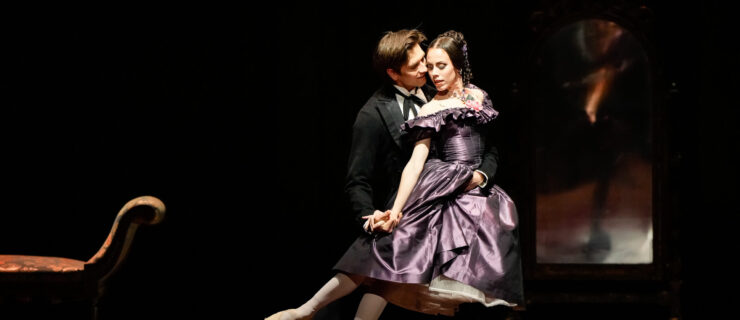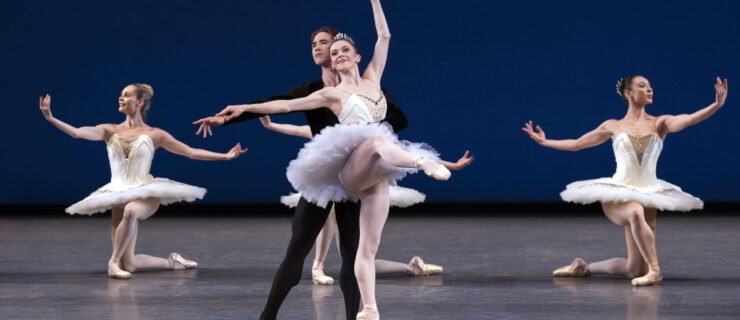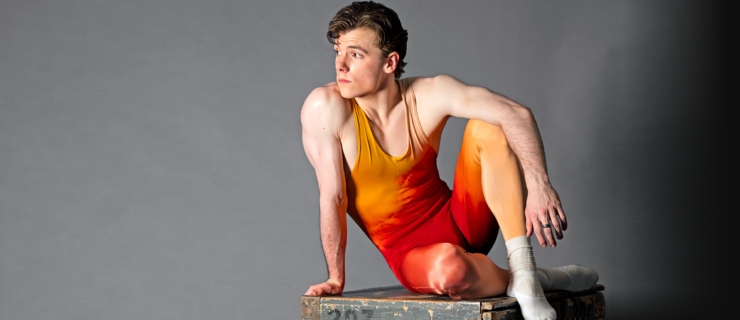What to Do If You Suspect Your Job Is In Jeopardy
Rebecca Haw describes the moment, shortly after a director change at her former company, when she realized her job was at risk: “Within a few short weeks I had lost all of my roles. I had been demoted. I had gone from Queen of the Dryads to covering corps of Dryads.”
Haw, who now dances with Semperoper Ballett and is the founder of CODA, a classical-ballet–focused representation and recruitment agency, says her experience is by no means unique. As contract-renewal time looms, many dancers may develop similar concerns about their job security. Perhaps your casting has mysteriously gone stale, or a new director seems to have different tastes in dancers.
Or, rumors of budget or roster cuts might abound. During the pandemic, Laurel Winton recalls feeling uneasy about the future of the company she was dancing for, Aspen Santa Fe Ballet. “We saw other companies get back and we were like, ‘What’s going on? How come we’re not?’ ” says Winton. When she learned that ASFB wasn’t restarting after the COVID-19 hiatus, she was set suddenly, scarily adrift. (She went on to found DanceAspen, where she is now artistic and executive director.)
If you’re unsure about your job security, it’s natural to feel stressed. Here are some steps you can take to cope with the turbulence.
Think Before You Act
Haw, who offers career coaching through her other business endeavor, Audition Educator, recommends engaging in some serious self-reflection before acting on any suspicions. “As dancers, we find it hard to put ourselves first,” she says. “The last thing a dancer would do is think, ‘What do I want? What would be good for me?’ ”
Start with your goals. Do you want to be branching into different types of repertoire? Do you expect to be given more responsibility at this point in your career? Are you, as a young dancer, wanting more feedback?
Next, Haw recommends examining whether those goals align with your current situation and if you’re taking concrete steps to achieve them. On reflection, you may feel that your progress and dedication should warrant better casting. You may come to acknowledge truths about what kind of repertoire you actually enjoy dancing, and whether you’re in the right place for it. Or, you may recognize weaknesses that you would like help improving.
Have a Conversation
If this self-reflective work turns up more questions than answers, consider scheduling a conversation with artistic staff. Adam Sklute, artistic director of Ballet West, fully supports his dancers coming to him with concerns rather than letting suspicion spiral out of control. “When you don’t talk about something it stews, it festers, it builds,” says Sklute. “One starts to create scenarios in one’s head, and the best thing you can do is always look for as much clarity and truth in any situation as you can to help alleviate your concerns.”
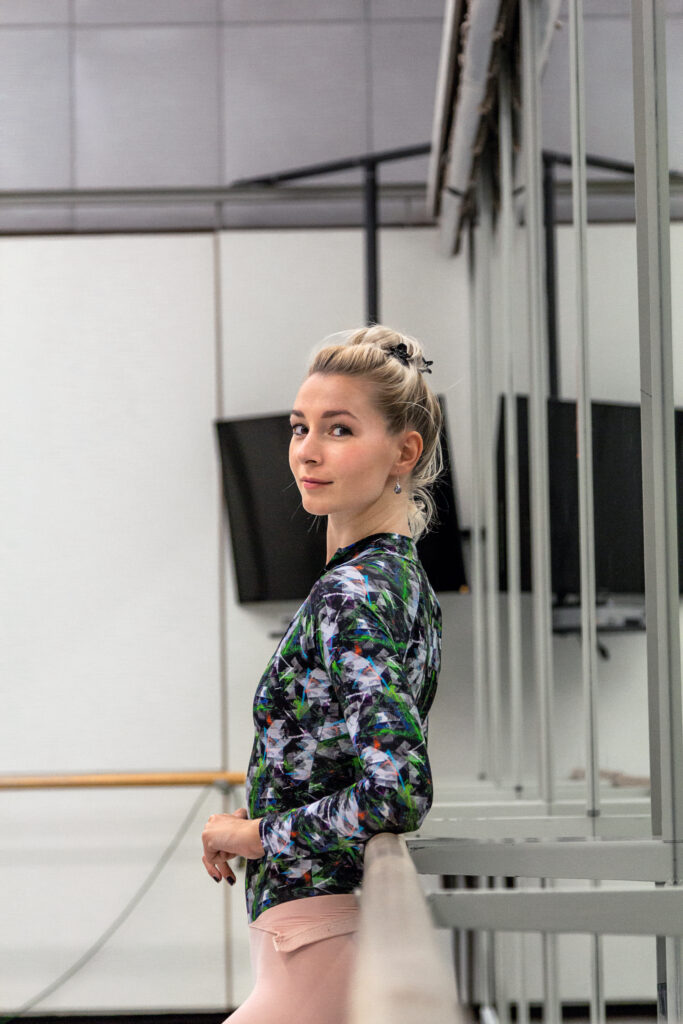
If you’re very young and don’t feel comfortable knocking on the director’s door, Haw recommends asking an older colleague for advice on how best to approach, or pulling a ballet master aside and politely asking for a moment of their time. Winton says learning how to voice concerns can be a hurdle for dancers. But while broaching this conversation is not easy, it could be the enlightening step you need.
Sklute says it’s best to make inquiries in a nonconfrontational way. “I’ve been faced with questions like ‘Why didn’t you do this for me?’ or ‘Why didn’t you give me a certain part?’ And that can be a little bit off-putting,” he says. Instead, Sklute suggests wording your questions with “I” instead of “you” pronouns. For example: “Is there something that I need to work on that I’m not doing right?” or “What can I do now to train for particular roles?”
The conversation might go ideally; artistic staff may listen, understand what you are looking for and respond with constructive, reassuring feedback. On the flip side, the discussion could yield some stinging truths and confirm your suspicion that it’s time to start looking elsewhere.
Or, perhaps less desirably, the conversation ends vaguely, neither confirming nor denying your worries. Artistic staff may be unwilling to admit that they don’t plan to renew your contract because they don’t want you to lose focus mid-season. Or they may simply not know how many positions they’ll have available yet.
Keep Your Materials Up to Date
If you can’t get a straightforward answer, Haw recommends a proactive approach. Update your CV and take new headshots and dance shots if yours are a few years old. If you don’t have any recent video footage, get to recording. While gathering those materials, keep your finger on the pulse of the audition world: Ask friends in other companies if they are aware of open positions, and research who is hosting cattle-call auditions or accepting videos.
Alexandra Carey, a corps member with Ballet San Antonio, says dancers should keep their materials current as a general practice—especially those in their early careers. Carey says that when she was a trainee and apprentice at different companies, she never felt “safe” about receiving a contract the following year. Even now, she keeps her audition package up to date. “I don’t think it matters whether you’re a soloist or an apprentice,” Carey says. “You’re always going to have some doubt in your mind when audition season comes up.”
Auditioning on the Down-Low
Auditioning mid-season and mid-contract can be tricky. If you and your directors come to the mutual conclusion that you should look elsewhere, they might be encouraging and supportive of your audition process. If they aren’t forthcoming, however, be discreet. “If you’re lucky enough to have any leave days within your season or contract, that’s what they’re blocked out for,” says Haw. “They’re not blocked out for a holiday.”
Haw cautions against calling in sick to audition elsewhere, citing a personal example in which she almost got caught. The dance world is small, and whether or not your job really is in the balance, artistic staff may take word of your auditioning as a reason to reduce your future castings or let you go. Carey recommends making use of video auditions instead of attending cattle calls, adding that companies are generally more receptive to them. But, she adds, if you have an opportunity to audition via company class, make every effort to go.
Moves in Limbo

Though she advocates for patience, Haw has also gone as far as to resign mid-season, entering a scary, jobless no-man’s land. Whether you consciously decide to leave an unstable position or you lose your job, finding your next landing will take patience and maybe a little creative thinking.
Winton says many of her colleagues at Aspen Santa Fe Ballet, having had no time to audition or prepare, resorted to part-time jobs as servers and retail workers. Rather than putting her fate in another company, Winton quickly formed DanceAspen, which now contracts four dancers from the original ASFB, plus two new dancers and two guest artists each year. While not everyone can start their own company, Winton encourages dancers to take charge of their own situation in whatever way possible. “They don’t have to depend on somebody else for their dreams and their goals.”
All of our sources agree that when it comes to job uncertainty, focus on those factors within your control. And no matter what happens next, continue bringing your best self to the studio. “Steer the course and be as steady as possible,” says Sklute. You and any future employers will want to point to a track record of positivity and dedication in your current role.
